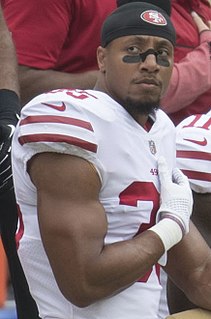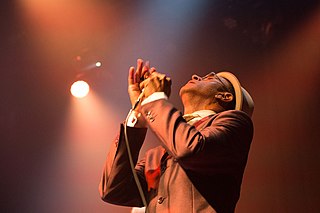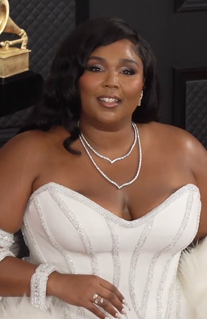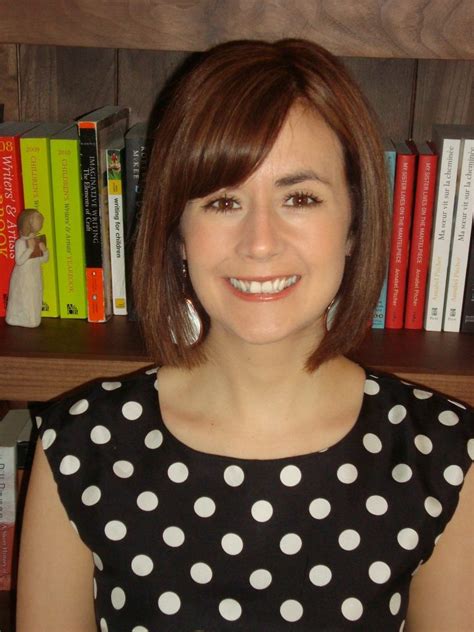A Quote by Maya Moore
There are so many - namely black and brown bodies - who have experienced a different America than what the mainstream American flag symbolizes.
Quote Topics
Related Quotes
No, I’m not an American. I’m one of the 22 million black people who are the victims of Americanism. One of the … victims of democracy, nothing but disguised hypocrisy. So, I’m not standing here speaking to you as an American, or a patriot, or a flag-saluter, or a flag-waver - no, not I. I’m speaking as a victim of this American system. And I see America through the eyes of the victim. I don’t see any American dream; I see an American nightmare.
That's just like America. It's made up of lots of different people. We're all different colors, different ages, we do different jobs -- but it takes all of us black people, white people, brown people, men and women, young and old, working in the factories, working in the fields, working in offices, working in stores -- it takes a lot of different kinds of people to get the job done for America.
As a child, I used to feel much more American than Iranian. Like everyone else at school, I pledged allegiance to the flag. However, after returning to Iran, sadly, I learned about a very different America, an America that most Americans have no idea exists. For the first couple of years this was hard to accept, and it was really painful in some ways.
The black man in North America was economically sick and that was evident in one simple fact: as a consumer, he got less than his share, and as a producer gave least. The black American today shows us the perfect parasite image - the black tick under the delusion that he is progressing because he rides on the udder of the fat, three-stomached cow that is white America.
There's no question that O.J. Simpson had been a substitute white man in America. He had gained honorary white status. He was not viewed by many white Americans as black. He was not seen as the African American athlete who was rebellious: Jim Brown, Muhammad Ali, Hank Aaron... He was accepted in golf clubs that were very tony.
However, displayed right alongside all the Confederate flag paraphernalia is a bunch of American flag merch – American flag place mats, patriotic “body crystals,” flag stickers you attach to your skin. Personally, I’m small-minded and literal enough that I see the two symbols as contradictory, especially in a time of war. But I fear that the consumer who buys a Confederate flag coffee cup, which she will then put on her American flag place mat, is the sort of sophisticated thinker who is open-minded enough that she is capable of hating blacks and Arabs at the same time.
I've been in America for almost ten years. I've had many parts of the American experience. I've been all over this country and seen many different parts of it. It's just that I'm not an American. I've never become an American. I'm talking about the whole thing-psychologically, citizenship, the whole trip. Of course I've definitely been influenced by America-I'm definitely influenced by the music and the culture.




































